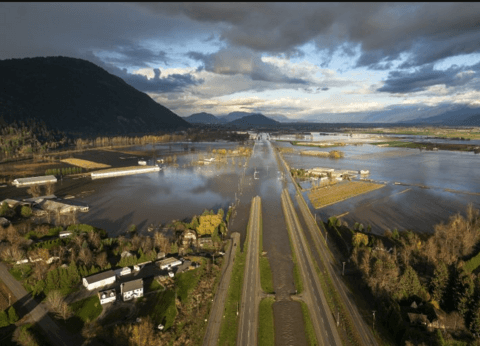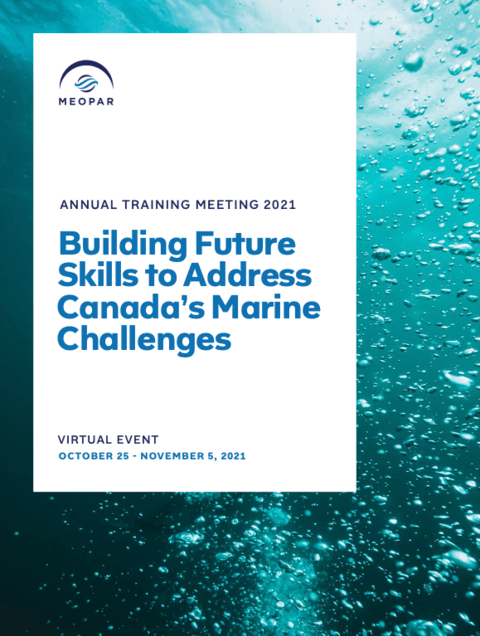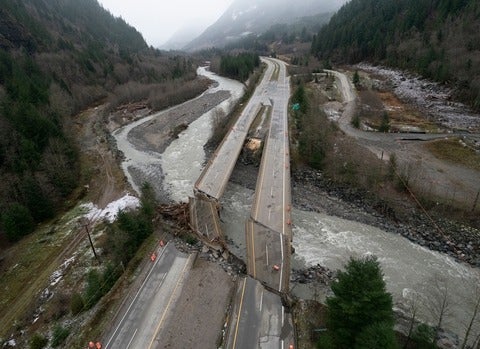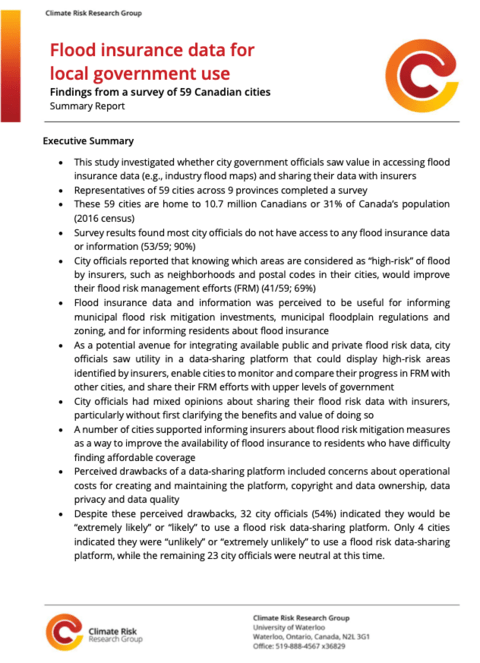The Canadian Coastal Resilience Forum (CCRF) is a community of practice focused on strengthening resilience to climate change and hazards in Canada’s coastal regions.

Natural hazards pose a serious threat to public safety, livelihoods and local economies in coastal regions. For example, heavy rainfall, storm surges, and river floods can have costly impacts on social, economic, environmental and cultural assets.
The CCRF was established to facilitate knowledge-sharing across sectors, institutions and disciplines and to identify policy and governance strategies for reducing and managing the consequences of natural hazards in coastal areas, such as:
- Clarifying the roles and responsibilities across government levels, for-profit and non-profit organizations and the public in risk prevention, reduction and disaster recovery
- Identifying policies in place that promote (rather than prevent and discourage) rebuilding in risky areas after disasters occur (e.g., floods)
- Locating exposed and vulnerable populations and achievable measures of self-protection and risk reduction
This initiative is kindly supported by the Marine Environmental Observation, Prediction and Response Network (MEOPAR)—a federally-funded Network of Centres of Excellence.
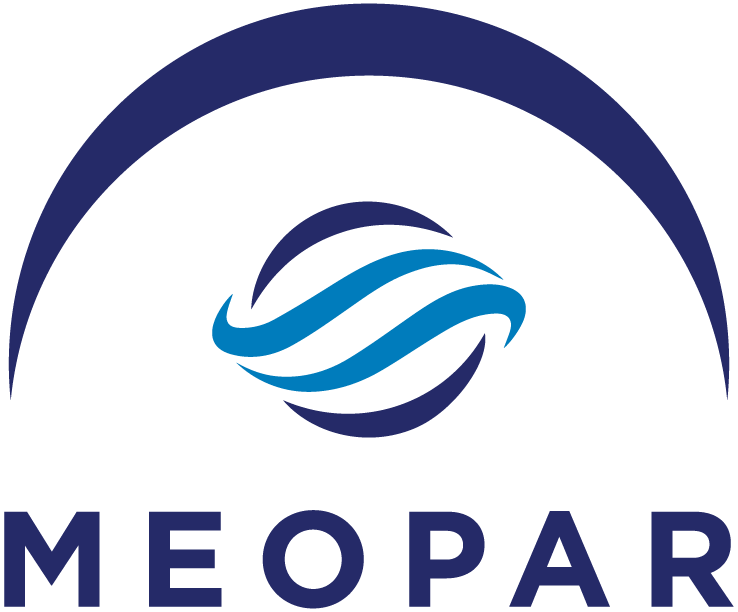
News
What does the latest IPCC report say about climate change impacts?
The United Nation’s Intergovernmental Panel on Climate Change (IPCC) released a report this month highlighting the impacts, adaptations and vulnerabilities that climate change will bring to different human and ecological systems across the globe.
Recap on MEOPAR’s 2021 Annual Training Meeting: Building Skills to Tackle Marine Challenges
From October 25th through November 5th, MEOPAR held its Annual Training Meeting (ATM) which seeks to gather highly qualified professionals, academics, researchers and students from across the coasts to mobilize knowledge and connect via workshops on science communication, career development in a digital era, and interdisciplinary collaboration. This year’s annual training meeting theme was Building Future Skills to Address Canada’s Marine Challenges which was aimed at supporting coordinated action for the UN Decade of Ocean Sciences for Sustainable Development.
Alliances for Climate Action: Investing in Climate Resilient Infrastructure
Catastrophic flooding in British Columbia
Blog
Researcher Spotlight Series: Disaster preparedness and mitigation in an integrated risk landscape
Connor Darlington, PhD Candidate in Geography, is researching disaster preparedness and flood risk in Canada.
Leveraging flood insurance data for local government use: Survey findings from 59 Canadian cities
Is there value in governments accessing flood insurance data (e.g., industry flood maps) and sharing their flood risk data with insurance companies?
Researcher Spotlight Series: Socioeconomic Vulnerability and Flood Risk in the Current Era of Climate Change
Integrating vulnerability and gender-based analysis plus factors with hazard exposure as a socially inclusive and equitable risk assessment tool.

